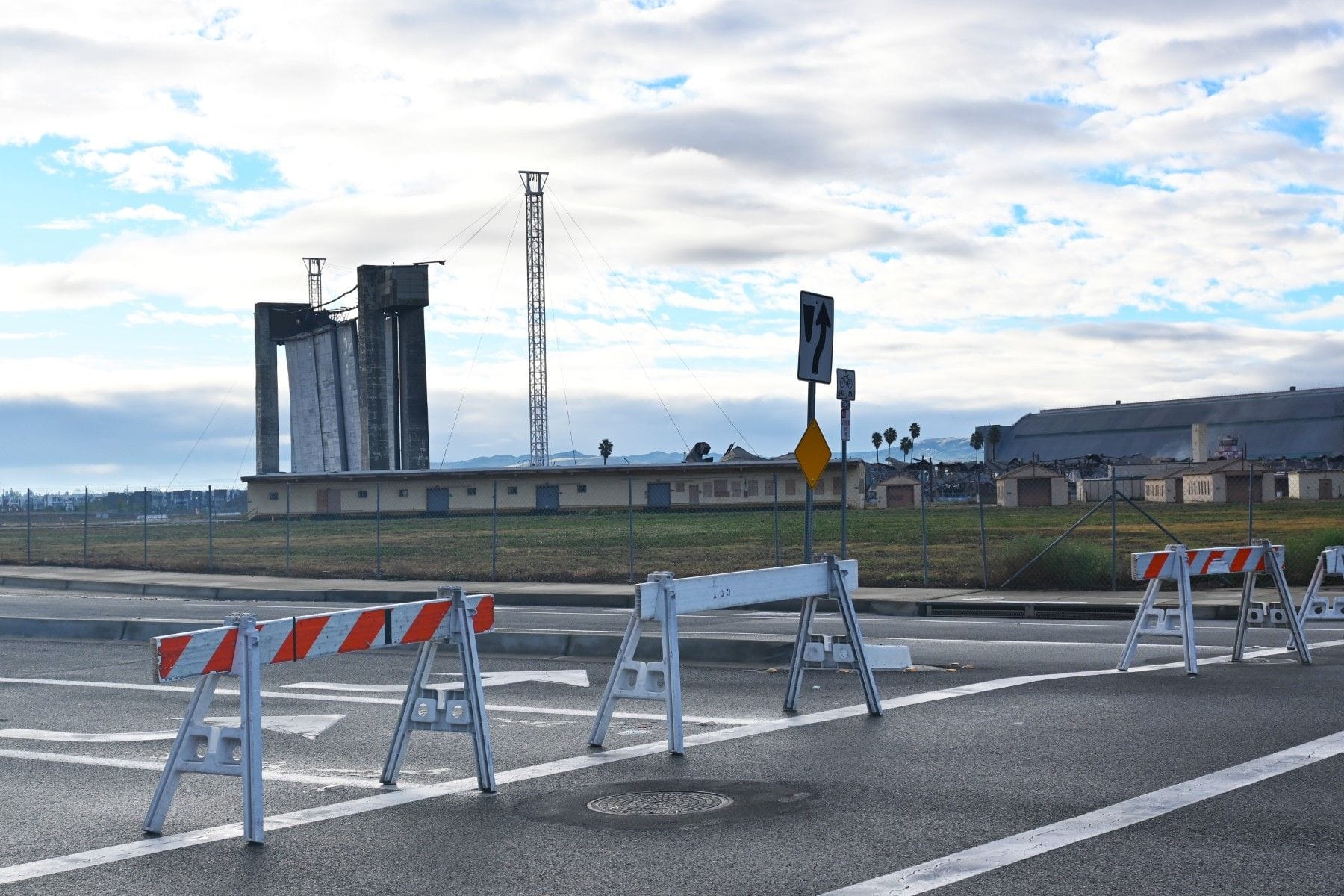Ameresco Seeks $12M Over Alleged Substandard Work on U.S. Marine Corps Air Station Project
General contractor sues over alleged project failures and surety inaction, highlighting risks and legal stakes in military infrastructure construction contracts.
Updated on
The Allegations
Energy services company Ameresco Inc. has filed a lawsuit in North Carolina state court against Good Air Inc. and United Fire and Casualty Co., seeking more than $12 million in damages related to mechanical and plumbing work at the U.S. Marine Corps Air Station in Cherry Point. The complaint asserts that Good Air’s poor performance and subsequent abandonment of the project caused major delays and financial losses.
According to the filing, Ameresco served as the general contractor for the design and repair of Building 1016, focusing on the structure’s envelope and interior finishes. Good Air was retained under two subcontracts to perform specialized mechanical and plumbing work, but allegedly failed to meet its contractual obligations.
Ameresco contends that Good Air performed substandard and defective work, failed to provide an adequate workforce, and allowed on-site workers to remain idle for “significant periods of time.” The company also cited incomplete shop drawings and an inability to maintain the agreed-upon work schedule, resulting in substantial project disruptions.
Project Breakdown and Termination
Ameresco stated that Good Air completed only 32% of its contracted scope before instructing its workers to vacate the project site in September 2023. Following that action, Ameresco terminated the subcontracts for cause and notified United Fire of its surety obligations under two performance bonds.
Under the terms of those bonds, United Fire was required either to ensure completion of Good Air’s work by another qualified contractor or to compensate Ameresco for its financial losses. Instead, Ameresco alleges, United Fire attempted to reinstate Good Air on the project, a proposal the company rejected due to what it described as Good Air’s “unprofessional, untimely work.”
Ameresco said that after it refused to allow Good Air to resume, United Fire declined to honor the performance bonds, prompting the present lawsuit. The company is now seeking to recover both corrective costs and liquidated damages under the contractual terms.
Claimed Damages and Contractual Obligations
The complaint seeks more than $11.5 million in costs Ameresco incurred to correct and complete the subcontractor’s work. Additionally, the company is pursuing $717,000 in liquidated damages, representing 20% of the combined subcontract price for mechanical and plumbing services.
Ameresco’s legal filing describes a series of breaches that cumulatively undermined the project’s timely delivery and quality assurance requirements. These included:
- Failure to comply with technical and design specifications
- Lack of workforce management and supervision
- Incomplete documentation and shop drawings
- Unfulfilled schedule commitments causing delay damages
According to court filings, Ameresco asserts that the performance bonds issued by United Fire explicitly required the surety to act promptly when notified of a default. By failing to either arrange for completion or pay damages, the company alleges, United Fire breached its surety obligations.
Legal and Industry Implications
The case underscores the critical role of performance bonds in public construction projects, particularly those involving military infrastructure. Performance bonds function as a financial safeguard, ensuring that subcontractor defaults do not impose excessive risk on the general contractor or project owner.
Should Ameresco prevail, the decision could reinforce contractors’ expectations of strict compliance and timely enforcement of surety obligations under North Carolina contract law. The litigation may also influence how federal and defense-related projects handle contractor vetting and performance oversight in future agreements.
A construction law expert not involved in the case noted that disputes of this nature often turn on the interpretation of performance bond terms and notice procedures. “When a surety declines to perform after default, courts typically look to the precise contractual language and whether the obligee met all notice conditions,” the expert explained.
Current Status
As of the filing date, defense counsel information was unavailable. Ameresco is represented by Ryan L. Beaver and Ethan J. Sanders of Bradley Arant Boult Cummings LLP. The lawsuit remains pending in North Carolina’s General Court of Justice Superior Court Division, County of Craven.
The court will likely consider whether Good Air’s alleged breaches justified Ameresco’s termination for cause, and whether United Fire’s refusal to act under the bonds constitutes a separate breach. The outcome could have substantial financial implications for both the construction and surety industries, particularly regarding risk allocation and default procedures on government projects.
Case Details
Case Name: Ameresco Inc. v. Good Air Inc. et al.
Court Name: General Court of Justice Superior Court Division, State of North Carolina, County of Craven
Case Number: 25CV003094-240
Plaintiff Attorney(s): Bradley Arant Boult Cummings LLP


